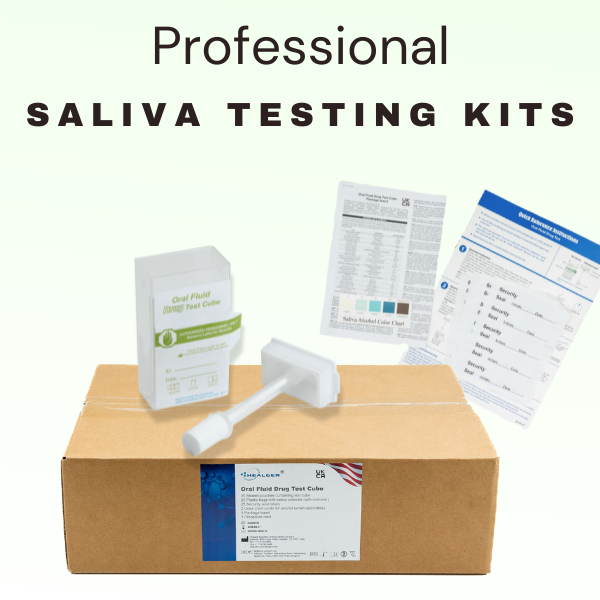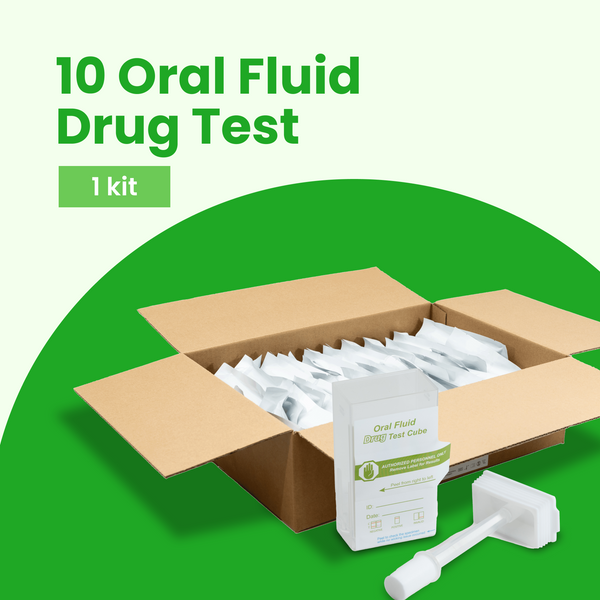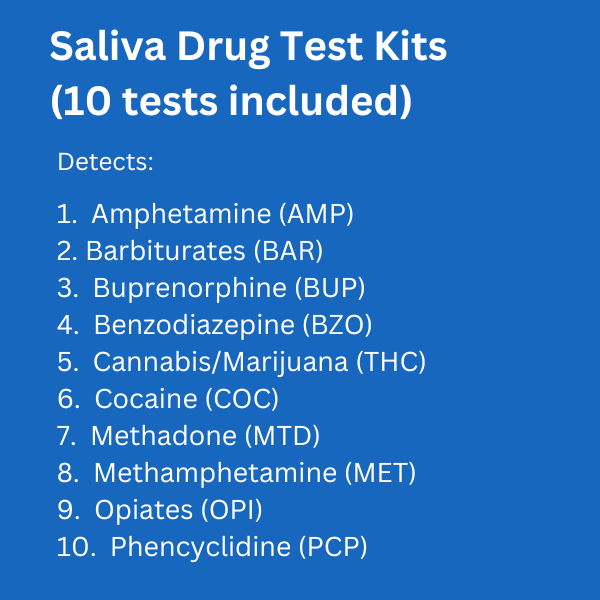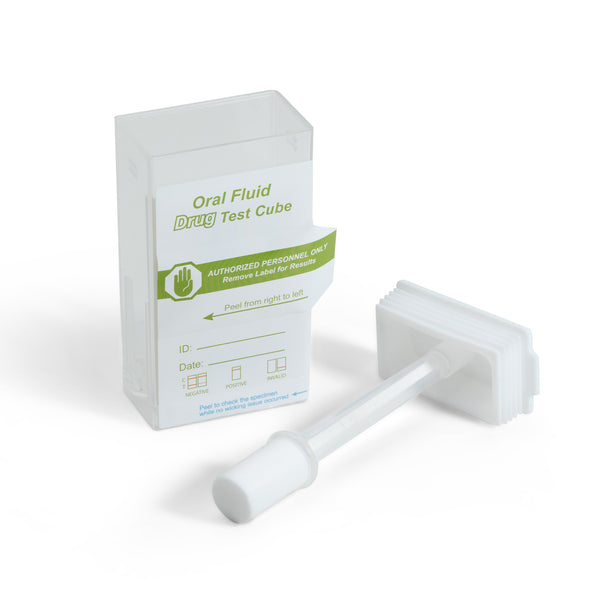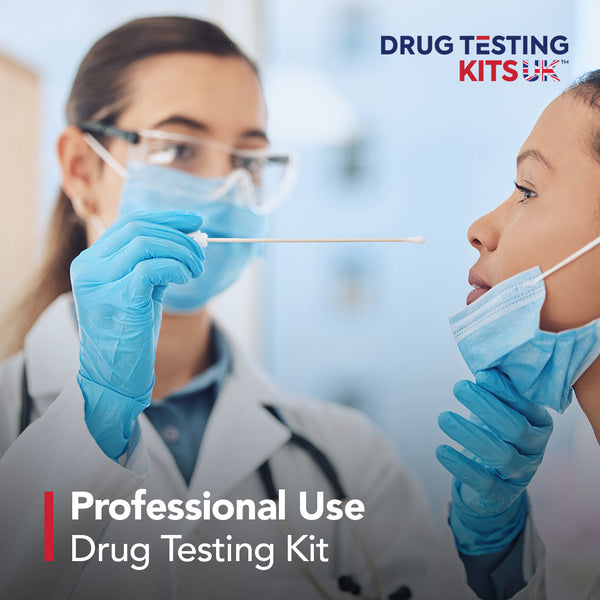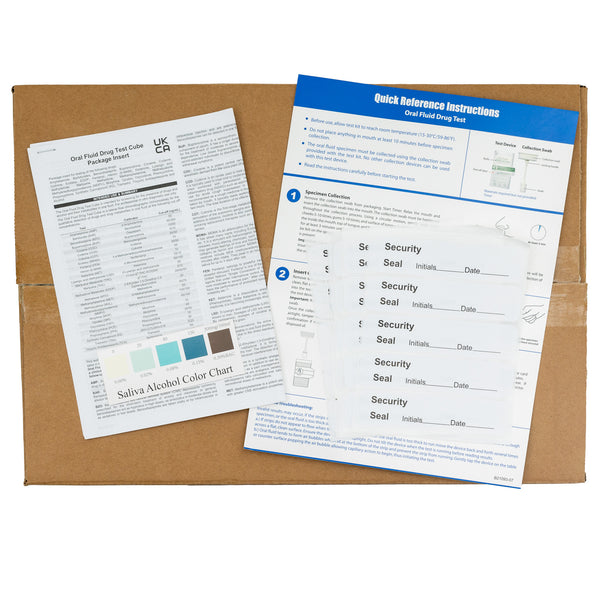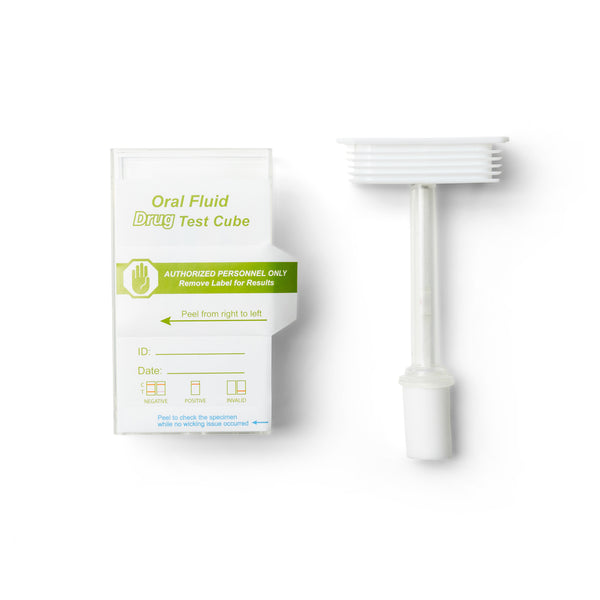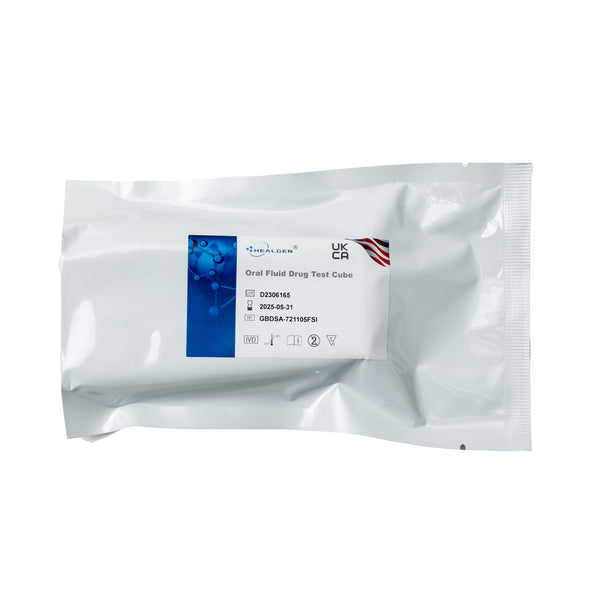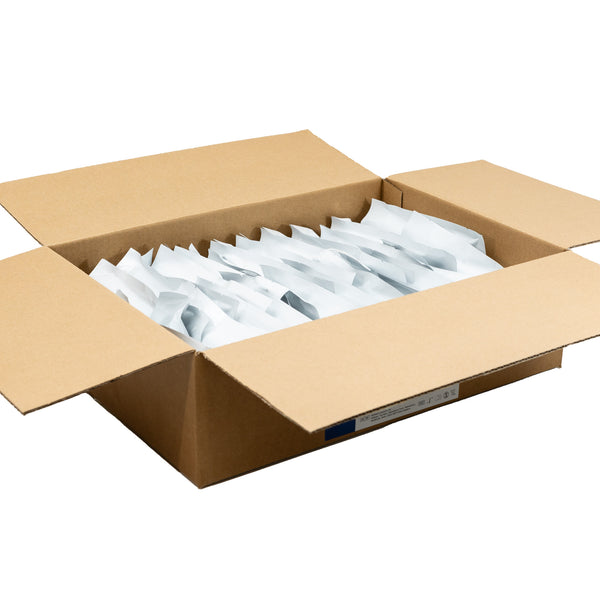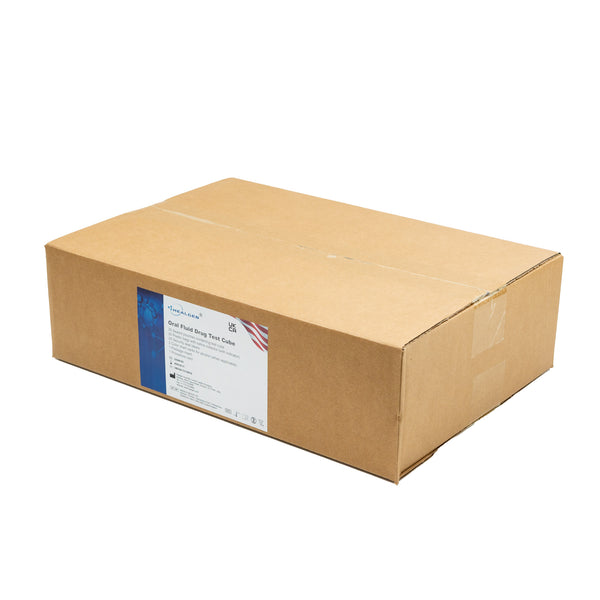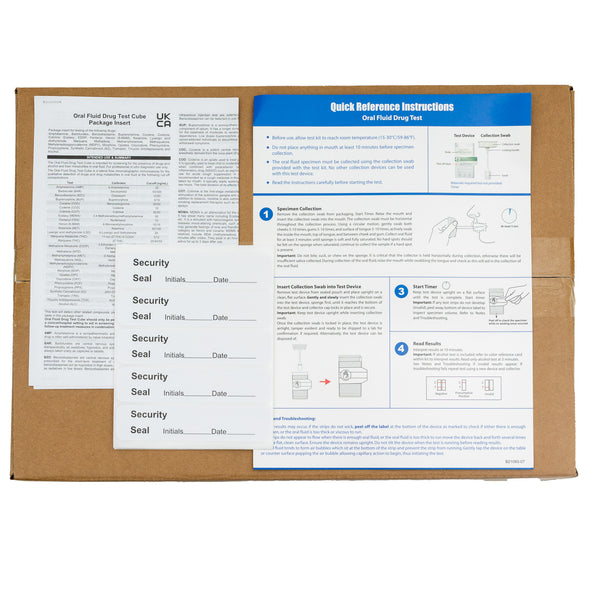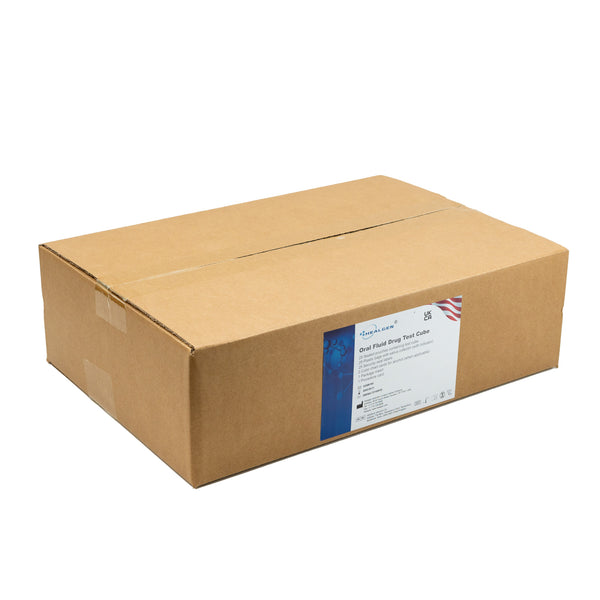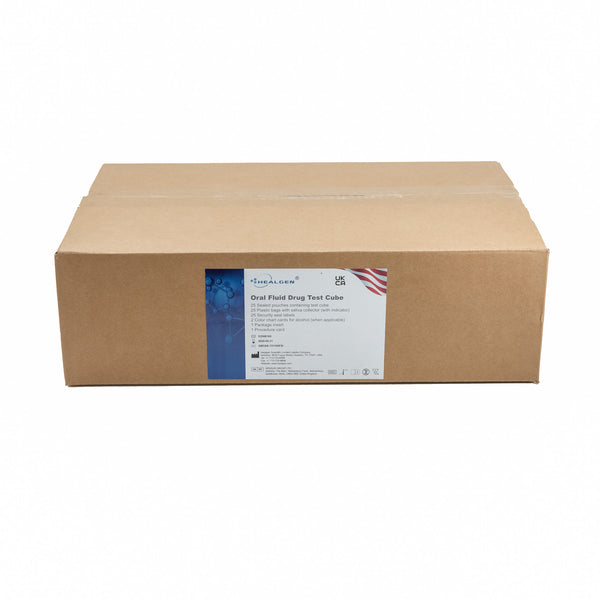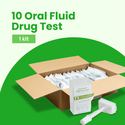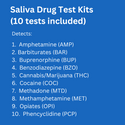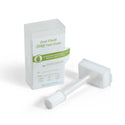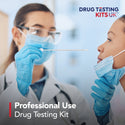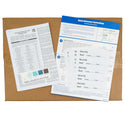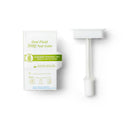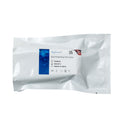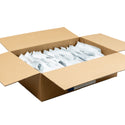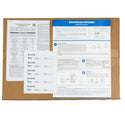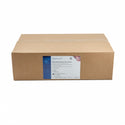Why you can trust Drug Testing Kits UK for advice on choosing the right drug testing products. Our team of UK drug and alcohol safety experts meticulously analyzes current regulations and scientific data while incorporating feedback from real-world users of our products. Additionally, we consult with healthcare and industry professionals to ensure that our recommendations are practical and valuable. This reliable information can guide your decision-making process when selecting drug and alcohol testing kits suitable for your needs.
Roadside drug testing in the UK plays a crucial role in maintaining the safety and integrity of our roads. By swiftly identifying impaired drivers, these measures protect all road users from the dangers of drug-impaired driving. The commitment to using advanced testing technology reflects a broader effort to ensure public safety and uphold traffic laws effectively.
Rise in Drug Driving Charges by UK Police
The UK has witnessed a significant rise in drug driving charges, a trend that underscores the growing concern among law enforcement agencies regarding impaired driving. Enhanced detection methods and increased awareness campaigns have led to more drivers being tested at the roadside than ever before. This uptick in charges is not just a reflection of heightened policing efforts but also an indication of the broader societal issue of drug use affecting road safety. The data suggests a clear message: the risks of drug-impaired driving are being met with stringent enforcement and zero tolerance by the UK police, aiming to deter such dangerous behavior on the roads.
Police Drug Testing Kits: Types and Technology
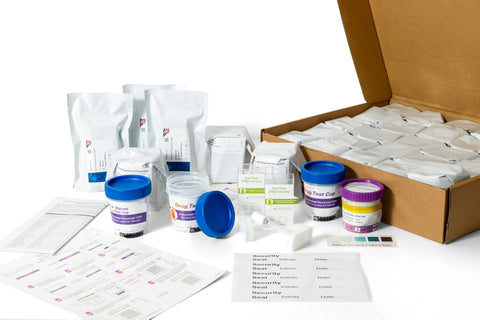
Police forces across the UK are equipped with various drug testing kits, employing cutting-edge technology to accurately identify drug-impaired drivers. These kits, designed for both efficiency and precision, play a crucial role in roadside testing and subsequent legal processes. Here's an overview of the types and technologies currently in use:
Saliva Screening Devices
- A quick, non-invasive method for detecting drug presence.
- Detects a variety of substances, including cannabis, cocaine, and methamphetamine.
- Results within minutes, used primarily at roadside checks.
Breath Analysis Kits
- Specifically designed for detecting cannabis vapor.
- Portable and easy to use, providing instant results.
- Ideal for immediate assessment of impairment levels.
Portable Urine Testing Kits
- Comprehensive drug screening tool.
- It can detect a wider range of substances, including opioids and benzodiazepines.
- Often used for confirmatory tests after initial positive results.
Blood Analysis Kits
- Utilized for precise and definitive drug detection.
- Requires professional handling and laboratory analysis.
- Considered the gold standard for evidential purposes.
Substances Detected in UK Roadside Drug Tests
UK roadside drug tests are calibrated to detect a specific range of substances, each chosen for their prevalence and potential to impair driving. Among these, cannabis and cocaine are the most commonly detected, reflecting broader trends in recreational drug use within the country. These tests are also sensitive to other substances like methamphetamine, ecstasy (MDMA), and heroin, showcasing the broad spectrum of drugs that can influence a driver's ability to safely operate a vehicle.
Beyond these common drugs, the tests are designed to identify lesser-known substances, including synthetic cannabinoids and various prescription medications that can impair cognitive and motor functions. The inclusivity of the testing spectrum ensures that law enforcement can effectively address and deter drug-impaired driving across a wide array of substances, contributing to safer roads for everyone.
UK Penalties for Drug Driving Convictions Explained
In the UK, penalties for drug driving convictions are severe, reflecting the serious risk posed to public safety. These measures are designed to deter individuals from driving under the influence of drugs and include:
- Automatic Driving Ban: A minimum 1-year driving disqualification.
- Unlimited Fine: Convicted drivers can face fines with no upper limit, scaled according to the severity of the offense.
- Imprisonment: Up to 6 months in prison for first-time offenders, with longer sentences for more severe or repeated offenses.
- Criminal Record: A drug driving conviction results in a criminal record, impacting future employment and travel opportunities.
- Increased Insurance Costs: Convicted drivers often face significantly higher car insurance premiums.
Mandatory Re-Test
Drivers must pass a fitness to drive test following the end of their disqualification period.
How Long Do Drugs Stay Detectable in Roadside Tests?
The detectability of drugs in roadside tests can vary widely, depending on several factors including the substance itself, the amount consumed, and individual metabolism rates. Here's a brief overview:
- Cannabis: Can be detected up to several hours after use, with some tests sensitive to usage within the past 24 hours.
- Cocaine: Typically detectable for 1 to 2 days after use, though this can extend depending on usage patterns.
- MDMA (Ecstasy): Remains detectable for up to 2 days, with some individuals showing positive results for longer periods.
- Heroin and Opiates: Generally detectable for 1 to 2 days, with variability based on individual metabolism and dosage.
- Methamphetamine: Can show up in tests for 1 to 3 days after use, influenced by the amount used and individual factors.
What Are the Thresholds for Illegal Drugs in Lab Tests?
In the UK, lab tests for drug driving cases use specific thresholds to determine whether a driver is over the legal limit for various substances. These thresholds are scientifically established to identify impairment levels that significantly increase the risk of accidents. Here’s a rundown of the limits for some common drugs:
Cannabis (THC): 2 micrograms per liter of blood.
Cocaine: 10 micrograms per liter of blood, with a separate limit for benzoylecgonine, its main metabolite, at 50 micrograms per liter.
MDMA (Ecstasy): 10 micrograms per liter of blood.
Heroin and Diamorphine: 5 micrograms per liter of blood, recognizing the rapid metabolism of heroin to morphine.
Methamphetamine: 10 micrograms per liter of blood.
Understanding Prescription Drug Limits for Tests
Understanding prescription drug limits in tests is crucial for distinguishing between legal, therapeutic use and potential impairment on the road. These limits are set based on scientific research, aiming to balance the need for medication with public safety concerns. Key points include:
- Established Thresholds: Specific limits are defined for various prescription drugs to identify when their concentration suggests possible impairment.
- Medication Types Covered: Commonly includes opioids, benzodiazepines, and stimulants prescribed for conditions such as pain, anxiety, and ADHD.
- Legal Use Acknowledgment: The presence of a prescription drug within legal limits does not automatically imply impairment or result in penalties.
- Requirement for Disclosure: Drivers may need to disclose prescription drug use to authorities, supporting the differentiation between legal and illicit drug levels.
- Impact on Driving Ability: The focus is on whether the medication level is likely to impair driving, not merely on the presence of the drug.
Navigating Cannabis Limits for UK Drivers
Navigating cannabis limits for UK drivers involves understanding the legal thresholds set to ensure road safety. The UK has established specific limits for THC, the psychoactive component in cannabis, to differentiate between acceptable presence and levels indicative of impairment. These limits are designed to identify drivers who pose a risk on the roads due to recent cannabis use. It's crucial for drivers to be aware that any amount of cannabis consumption could potentially push them over the legal limit, leading to severe consequences, including fines, driving bans, and even imprisonment. This framework aims to balance the legal use of cannabis for medicinal purposes with the imperative to maintain safe driving conditions for all.
How Can Individuals Dispute a Drug Driving Charge in the UK?
Individuals facing a drug driving charge in the UK can dispute the charge by challenging the accuracy of the drug test or the procedure followed during their arrest. Legal representation is crucial in these cases, as a solicitor can help argue that the testing equipment was faulty, the test was improperly administered, or the levels of drugs detected do not reflect impairment at the time of driving. In some instances, medical evidence can be presented to explain the presence of drugs, especially if prescription medications are involved.
What Training Do UK Police Officers Undergo for Administering Roadside Drug Tests?
UK police officers undergo specialized training to administer roadside drug tests effectively and lawfully. This training covers the use of drug detection equipment, understanding the legal thresholds for various substances, and following proper procedures to ensure the accuracy and reliability of the tests. Officers are also educated on recognizing signs of impairment, handling sensitive situations, and ensuring that the rights of individuals are respected throughout the testing process.
How Do UK Roadside Drug Tests Differentiate Between Prescription and Illegal Drugs?
UK roadside drug tests are designed to detect specific levels of substances that indicate potential impairment, rather than simply identifying the presence of a drug. When a test indicates the presence of a substance, further analysis, often involving blood tests, is used to determine the exact concentration. This helps differentiate between legal, prescribed use of medication and illegal drug levels. Police officers and forensic experts consider the legal thresholds and the individual's medication usage history to make this distinction.
Are There any Recent Changes to Drug Driving Laws or Penalties in the UK?
Recent changes to drug driving laws or penalties in the UK typically aim to address evolving challenges and societal concerns related to drug-impaired driving. These changes might include adjustments to legal limits for certain drugs, introduction of new testing technologies, or modifications in penalties to deter drug-impaired driving more effectively. To stay informed about the latest developments, individuals should consult current legal resources or government announcements, as these laws and penalties can evolve in response to new research and drug use trends.



 03333 704 704
03333 704 704

